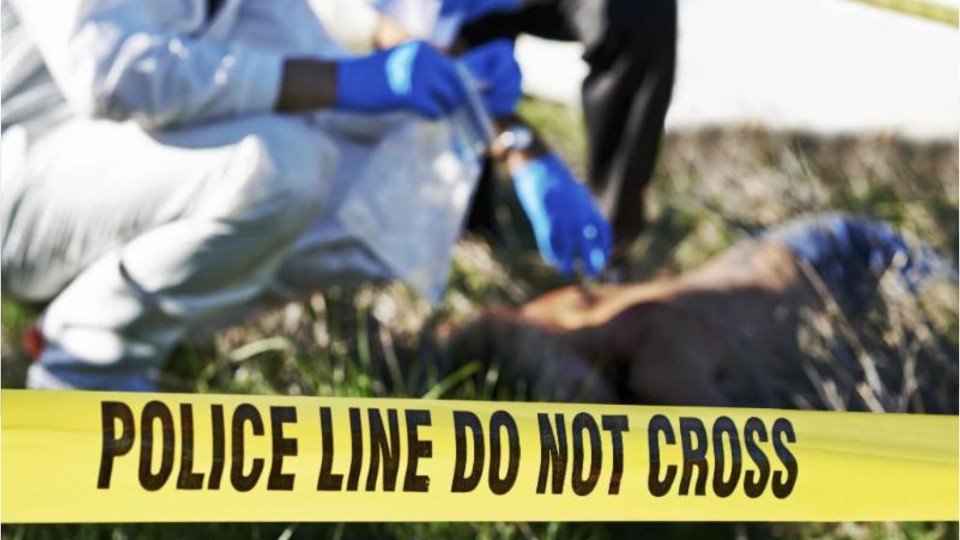Forensic Science Technicians
Crime Scene Technician (Crime Scene Tech), Criminalist, CSI (Crime Scene Investigator), Forensic Scientist
 Select a military branch to see samples.
Select a military branch to see samples.
Emergency Management; Emergency Management Craftsman; Emergency Management Journeyman; Pathologist; Pathologist, Dermatology; Pathologist, Gynecology; Pathologist, Neuropathology; Pathologist, Pediatrics; Special Investigations; Special Investigations Helper
CID Special Agent; Military Police; Pathologist; Senior Military Police Sergeant
Maritime Law Enforcement Specialist
Criminal Investigator (CID) Agent; Military Police Investigator
Master-At-Arms; Pathologist
No similar titles were found.
What they do:
Collect, identify, classify, and analyze physical evidence related to criminal investigations. Perform tests on weapons or substances, such as fiber, hair, and tissue to determine significance to investigation. May testify as expert witnesses on evidence or crime laboratory techniques. May serve as specialists in area of expertise, such as ballistics, fingerprinting, handwriting, or biochemistry.
On the job, you would:
- Collect evidence from crime scenes, storing it in conditions that preserve its integrity.
- Keep records and prepare reports detailing findings, investigative methods, and laboratory techniques.
- Use photographic or video equipment to document evidence or crime scenes.
Knowledge
Safety and Government
- law and government
- public safety and security
Education and Training
- teaching and course design
Arts and Humanities
- English language
Engineering and Technology
- computers and electronics
Skills
Basic Skills
- listening to others, not interrupting, and asking good questions
- reading work related information
Problem Solving
- noticing a problem and figuring out the best way to solve it
People and Technology Systems
- thinking about the pros and cons of different options and picking the best one
- figuring out how a system should work and how changes in the future will affect it
Abilities
Verbal
- communicate by speaking
- communicate by writing
Ideas and Logic
- make general rules or come up with answers from lots of detailed information
- notice when problems happen
Visual Understanding
- see hidden patterns
- quickly compare groups of letters, numbers, pictures, or other things
Personality
People interested in this work like activities that include ideas, thinking, and figuring things out.
They do well at jobs that need:
- Stress Tolerance
- Self-Control
- Intellectual Curiosity
- Cautiousness
- Integrity
- Attention to Detail
Technology
You might use software like this on the job:
Graphics or photo imaging software
- Adobe Photoshop
- Graphics software
Presentation software
- Microsoft PowerPoint
Data base user interface and query software
- Microsoft Access
- National Crime Information Center (NCIC) database
Education
Education: (rated 3 of 5)
certificate after high school or
high school diploma/GED
usually needed
high school diploma/GED
usually needed
Job Outlook
Bright
New job opportunities are very likely in the future.
Explore More
- Coroners
- Detectives & Criminal Investigators
- Digital Forensics Analysts
- Medical & Clinical Laboratory Technicians
- Police Identification & Records Officers
You might like a career in one of these industries:
See more details at O*NET OnLine about Forensic Science Technicians.






